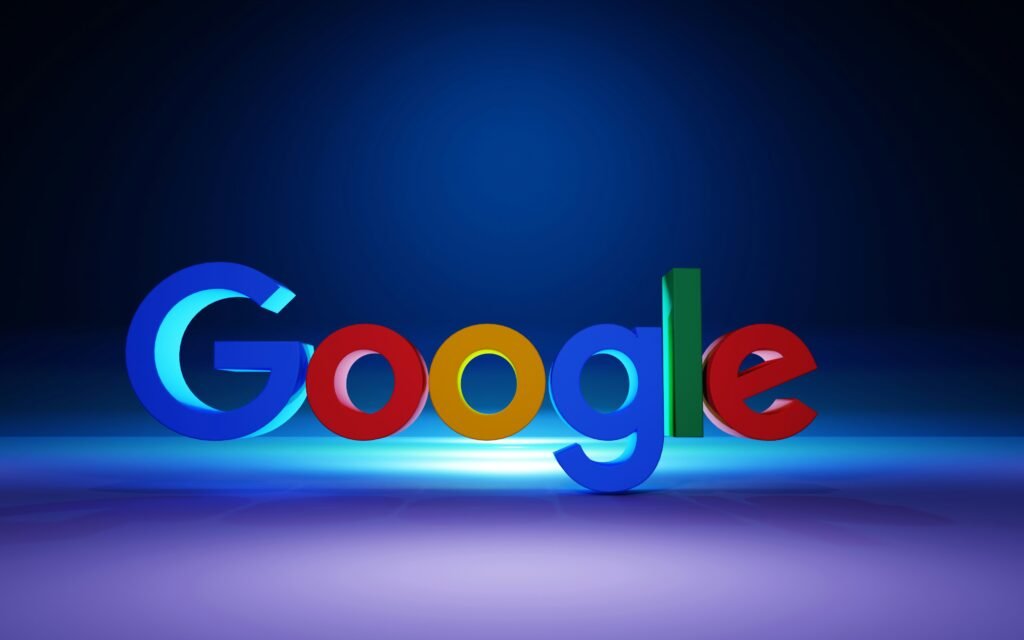The tech world is reacting to a big ruling by a US judge that says Google has an illegal monopoly on online search and related advertising. It took four years to reach this decision, and since Google plans to appeal, the legal battle isn’t over yet.
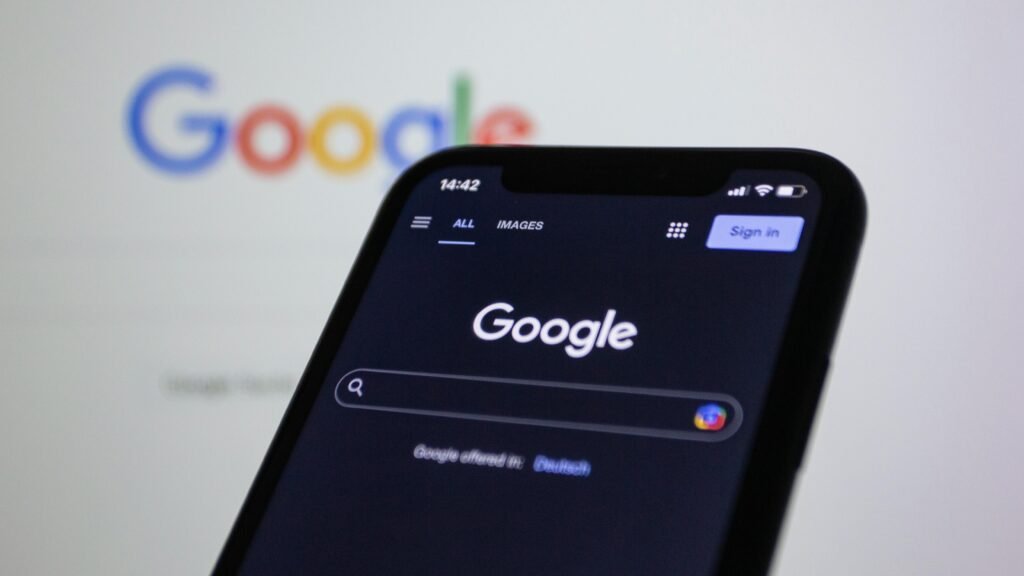
However, people are already thinking about what this ruling could mean, including possible fines and other more complex outcomes.
The US government wants “structural relief” from Google. But what does that mean?
⦿ A US judge has ruled that Google’s control over online search is illegal.
Breaking Up the Giant
One extreme option is for Google to break itself into smaller companies, which US officials are considering. Google is much more than just a search engine.
For example, it bought Android for $50 million in 2005, and now it runs on most smartphones. It also purchased YouTube for $1.65 billion in 2006, which now earns much more than that every year.
The idea is that while Google’s other businesses could stay together, the search engine could be separated into its own company. This might worry Alphabet executives, but for most users, if Google remains the default search engine, they probably wouldn’t notice much change.
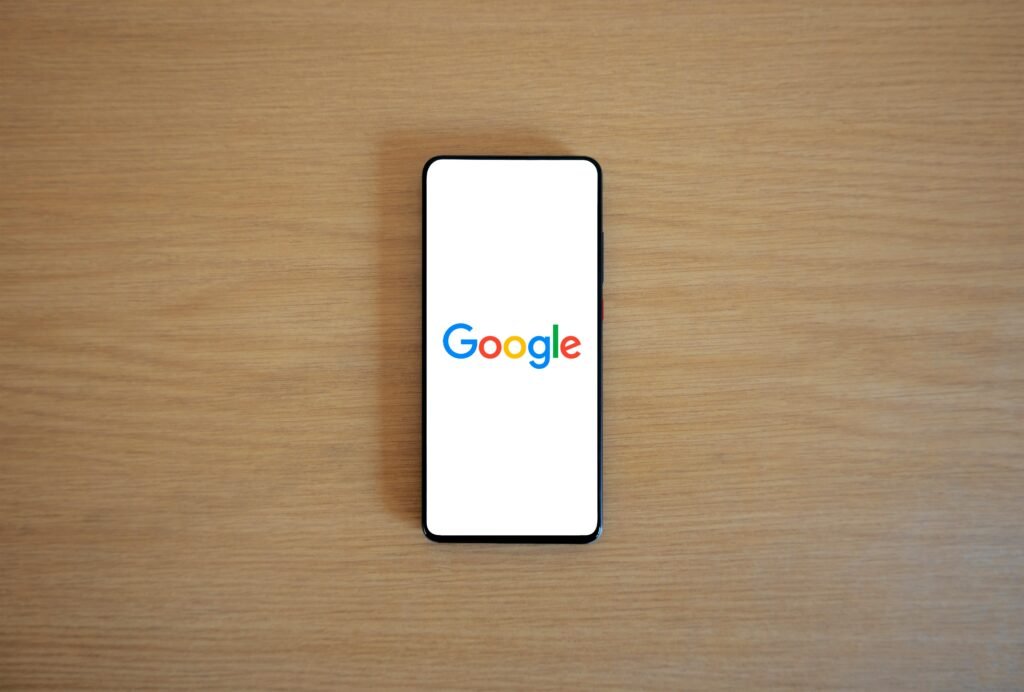
Gareth Mills, a partner at the legal firm Charles Russell Speechlys, commented, “Such a move would definitely result in years of legal disputes and regulatory conflicts. However, it appears to be more possible now than at any other time in Google’s history.” He went on to explain.
“A separate hearing will now take place where the judge will have to consider whether Google should be required to sell off part or all of its search engine business. Additionally, the judge might impose other corporate governance measures to address and prevent the anti-competitive practices that have already been identified.”
Search for Google
Another possible solution involves Google’s practice of paying other companies to use its search engine. The U.S. claims that Google is currently paying companies like Apple large sums of money each year to be the default search engine on their devices and platforms. The judge agreed with this.
The argument is that if Google hadn’t spent that money, these major companies might have been motivated to create their own search engines.
For example, Apple’s Safari browser uses Google by default for web searches. If actions were taken to limit Google’s ability to make these payments, it might encourage these companies to develop their own search engines.
However, any effort to challenge Google’s Dominance would face a major hurdle: Google is extremely well-known for its search engine. Even with Apple’s strong brand, it’s hard to imagine someone saying “Apple it” instead of “Google it.” Apple will likely want to keep the revenue from Google, which, according to one analyst, was $20 billion in 2022.
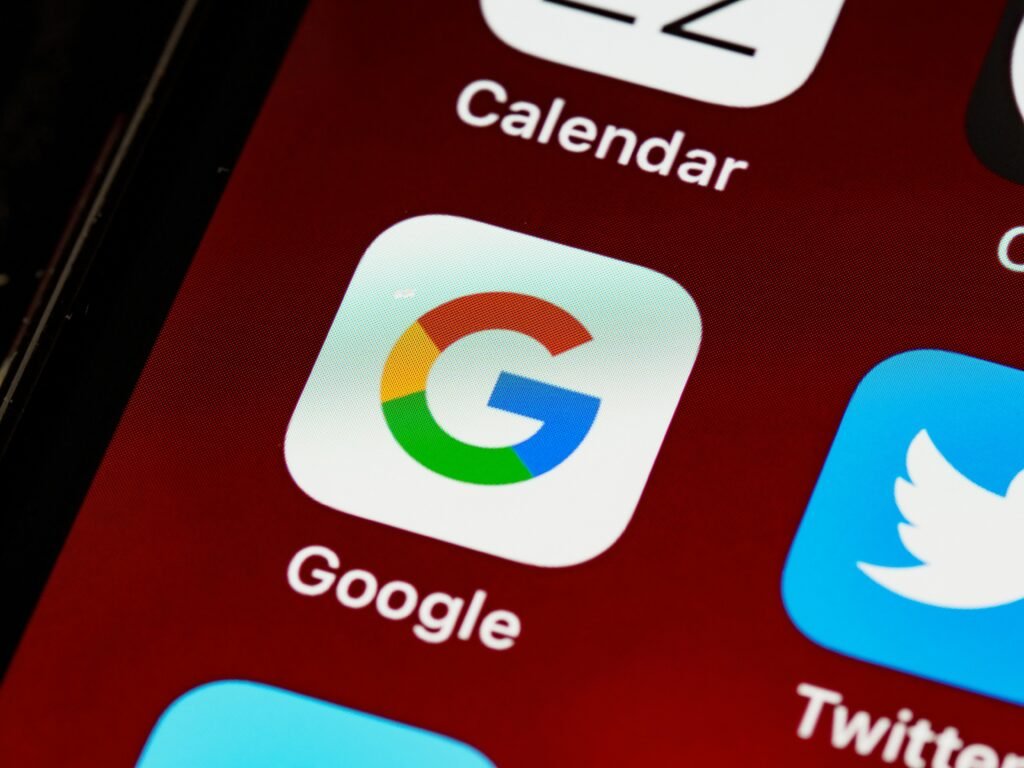
Dipanjan Chatterjee from Forrester Research said, “If this revenue stream is disrupted, it will have serious effects on Apple.”
He added, “As the legal case progresses and it seems likely that search engine exclusivity will be challenged, Apple, which is very focused on customer experience, will probably have a backup plan to ensure a smooth transition for its users.”
Tough to Move
It’s easier to imagine a scenario where, when you open a browser for the first time, you’re asked to choose between using Google or another option like Microsoft’s Bing. However, it’s less likely that this choice would make many people switch away from Google, simply because it works so well for most users.
If you remember the early days of the internet, you might recall that Google was just one of several search engines. Other popular ones at the time included Yahoo, Ask (formerly AskJeeves), and less well-known ones like Lycos and AltaVista.
Over the next decade, Google didn’t just become the leading search engine; it also became a major part of our everyday language.
Even though Microsoft introduced Bing as a competitor in 2009, no other search engine has yet managed to replace Google as the top choice.
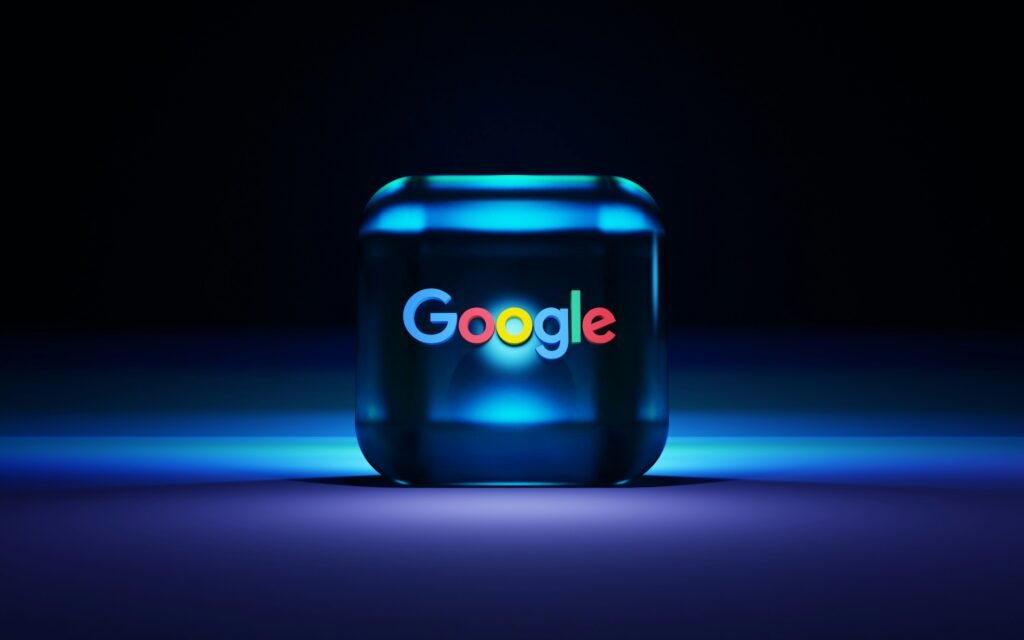
Microsoft CEO Satya Nadella testified in Google’s trial, possibly hoping that a ruling could finally boost Bing’s popularity.
Professor Anu Bradford from Columbia Law School explained, “The court might try other ways to weaken Google’s role as the default search engine, but some of these solutions might be beyond what this case is about.”
She added, “For instance, the EU’s recent Digital Markets Act requires even Google’s own Android phones to show a ‘choice screen’ where users can pick their preferred search engine when setting up the phone.”
A key question is whether this new ruling might lead to similar regulatory changes in the future.
It Requires Patience
Whatever happens next, history shows that it will take time. In 1999, Microsoft was in a situation similar to Google’s current one.
A U.S. judge had ruled that Microsoft had created a monopoly, and a year later, the court ordered the company to be split up. Microsoft appealed the decision, and in 2001, the ruling to break up the company was reversed.
